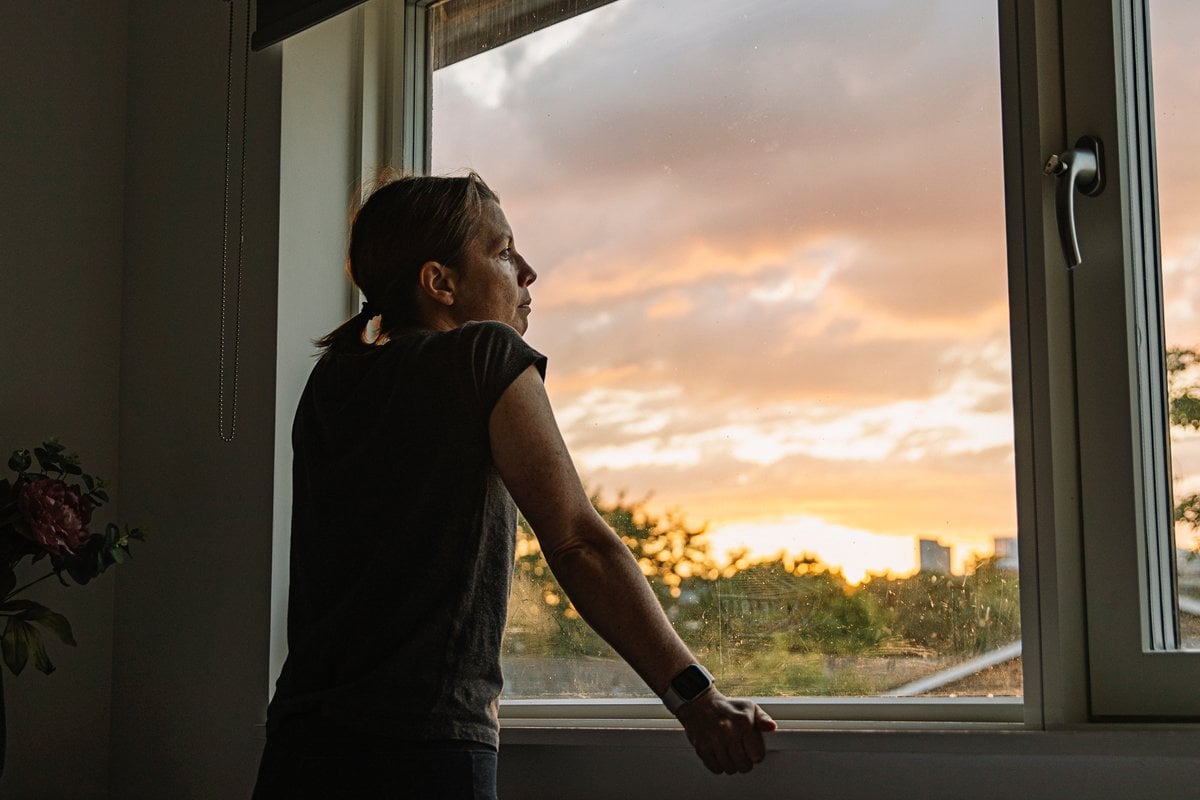
This post discusses abusive relationships and may be triggering for some readers.
A few years ago, I experienced one of the lowest points in my life. I found myself in the devaluation stage of a relationship with a narcissist and realised I was being emotionally abused. Also, I had just relocated to another country and was completely alone.
Before then, I didn’t even know narcissists existed.
Watch: We share our relationship deal breakers. Post continues below.
In case you are not familiar with the term devaluation, it is the relationship stage during which a narcissist starts taking you for granted and being abusive, out of the blue.
You literally watch the person you love losing interest in you and abusing you emotionally.
It’s the period coming right after the love-bombing phase - that is, when they shower you with attention, make you believe that you two are soul mates, and everything is too good to be true.
After the devaluation phase usually comes the discarding phase, when they abruptly leave you.

Top Comments